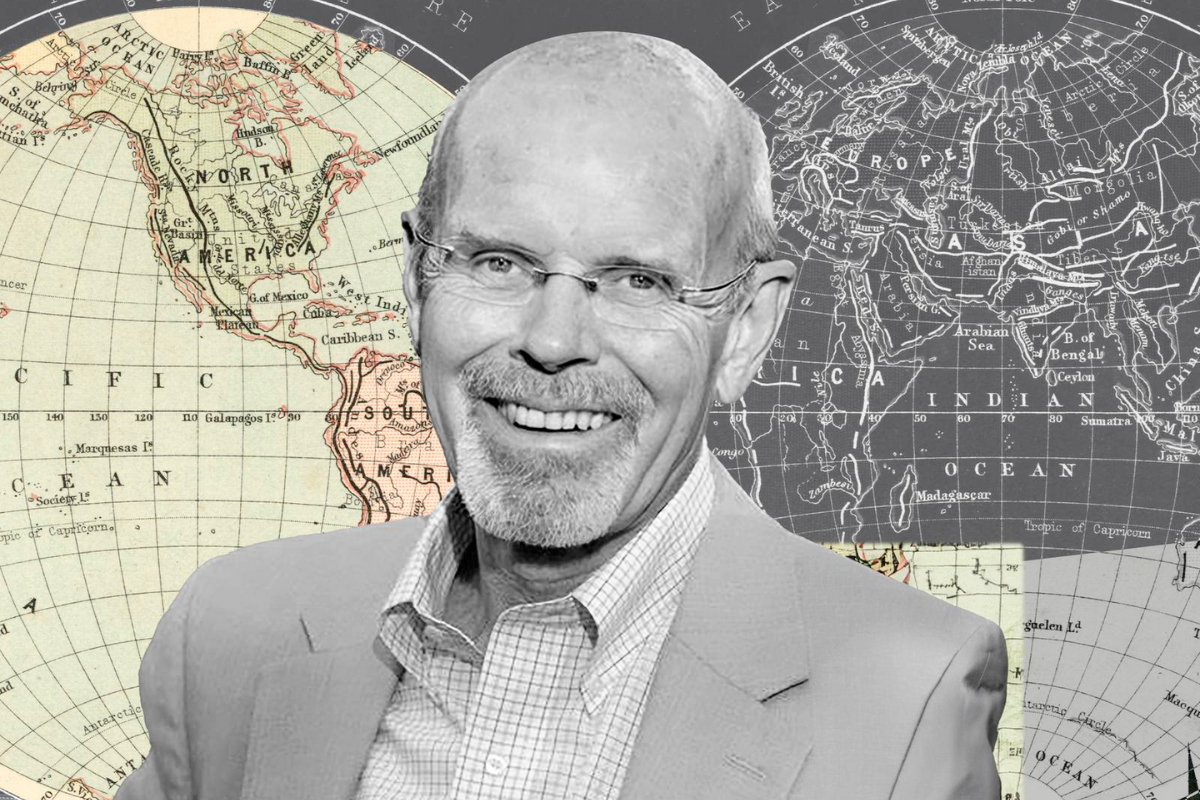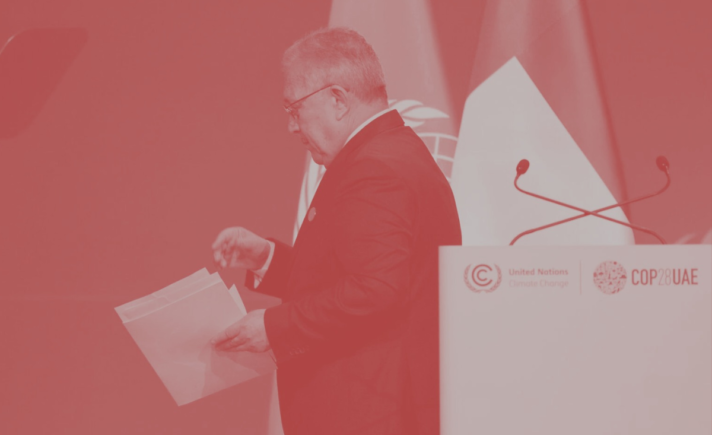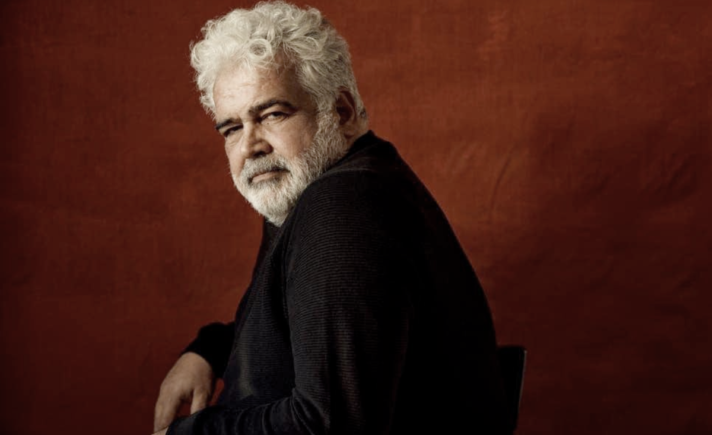A republic is, in essence, a “political entity that seeks to maximize freedom,” and in order for a republican model to function, the government must be designed so that the people are the ones who push it to improve.
This is at the core of what philosopher and political theorist Philip Pettit believes. The author of several articles and books on the topics of freedom, democracy, and the role of political institutions, his recent book, Republicanism: A Theory of Freedom and Government, is considered an essential reference in contemporary republican thought.
In this below interview with Ameer Kanaan, Philip Pettit discusses many contemporary issues of republican thought: alongside theoretical questions about the philosophical basis of the republic, and the role of individuals, the state, and religion within such a model. Delving into the hurdles currently facing the Republic of Turkey, he explores the state of Turkish democracy and many democracies like it which exhibit that same hallmark of a struggling republic: increasing centralization of power and the drift towards autocracy.
He also discusses his perspective on the aspirations and challenges to freedom in the Arab world, relating them to ancient concepts of fortune and political science from the Italian Renaissance.
While he concedes that the Arab Spring culminated in significant disappointment, he also articulates how its living memory is itself a reminder that people have the power to change their own conditions and that certain moments present opportunities for the people to take back control of affairs. The Arab Spring is an important lesson: although it did not bring about the changes expected from it overnight, it will remain important as a “seed bed” for ideas, laying the groundwork for greater change in the region. From his personal experience, he has noticed that some young people from the Middle East have become more open to new about reorganizing their societies, and are more likely to question the power of influential government officials who cling to power without submitting to the demands of the people.
In an observation only too relevant today, however, he warns of the inescapable problems with spontaneous popular uprisings, no matter how large-scale: for when the peaceful demonstrations inevitably subside, the way opens for the few who have weapons to become the owners of real power. The real change sought by Pettit’s vision comes cumulatively, through the growth of civil society above all – which may first have to grow illegally before gaining recognition.
At the heart of Pettit’s conception of freedom is the price that comes with it: the responsibility of constant vigilance. From Pettit’s point of view, the average citizen must actively strive to secure their freedom. He believes that the ruler’s tendency to corruption is one of the laws of nature: the other law dictates that the way to escape from corrupted rulers is through personal and societal vigilance. In other words, freedom requires being active and playing a political and civic role of the kind that will secure freedom, and the willingness to take action to challenge, criticize, and highlight those in power when they fail in their duties.
The full interview is linked below. It spans two and a half hours, providing a comprehensive overview of contemporary Republican thought.







